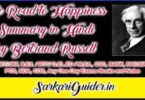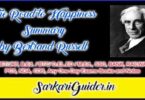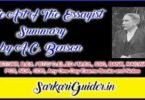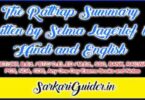John Donne as a religious poet.
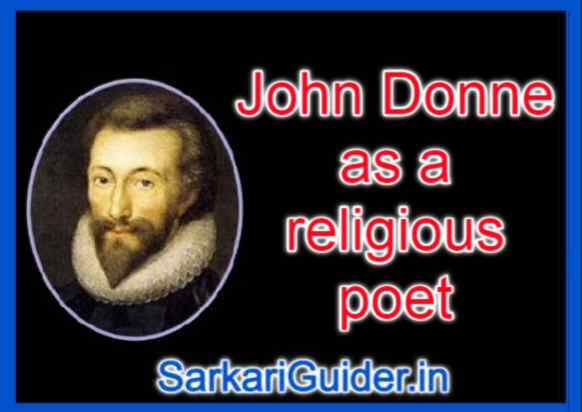
John Donne as a religious poet – John Donne (1572-1631) was born in a religious family. His parents were Roman Catholics and so the poet was naturally trained in that faith before he went to Oxford and Cambridge.
John Donne’s early life was full of irregularities as he had developed clandestine love affair with Miss More and married her secretly in 1601. On account of this marriage he was arrested in 1602 and released in 1602. But his later life was fully disciplined and spiritual. He entered the Anglican Church in 1615 and became Dean of St. Paul’s in 1621. He continued in his deanery till his death in 1631. He himself has summed up the progress of his life when he remarked in his characteristic fashion – “Jack Donne, Doctor Donne, Dean Donne.”
As a religious poet John Donne resigned to the will of God and decides to live a spiritual life. In one of his poems he says –
As due by many titles i resign
Myself to thee, O God, first I was made
By thee, and for thee, and when / was decayed
Thy blood bought that, the which before was thine.
Again expressing his full faith in God, the poet says – “I am thy son, made with thyself to shine”.
A deeply religious man with firm faith in God is relieved of the fear of death completely. The poet also has developed the same feeling of fearlessness and is fully convinced that by the grace of God and under the protection of Christ, he will not perish after his physical death: –
I have a sin of fear, that when I have spun
My last thread, I shall perish on the shore
But swear by thyself, that at my death Thy Son
Shall sine as the shines now, and here to fore
And having done that, thou hest done,
I fear no more.
There was a time when the poet feared death but now as a religious man has overcome this morbid fear. He challenges death in the following lines:
Death be not proud, though some have called thee
Mighty and dreadful, for thou art not so.
He believes what is said in the holy Bible that for the rightness and religious people there is no death but eternal life. The poet, Donne says in his poem entitled Death:
One short sleep past, we wate eternally,
And death shall be no more, death thou shalt die.
It is now clear that John Donne was a religious poet. His “Holy Sonets” written after the death of his wife bear ample proof of his religious fervour and spiritual advancement. Two changes are generally levelled against Donne – that he was a cynic, and that he was a lover of the most licentious kind. But T.S. Eliot has absolved him of these charges, saying: “If Donne in youth was rake then I suspect that he was a conventional rake; if Donne in age was devout then I suspect that he was conventionally devout.”
Important links
Metaphysical Poetry: Definition, Characteristics and John Donne as a Metaphysical Poet
John Donne as a Metaphysical Poet
Shakespeare’s Sonnet 116: (explained in hindi)
What is poetry? What are its main characteristics?
Debate- Meaning, Advantage & Limitations of Debate
Sarojini Naidu (1879-1949) Biography, Quotes, & Poem Indian Weavers
Charles Mackay: Poems Sympathy, summary & Quotes – Biography
William Shakespeare – Quotes, Plays & Wife – Biography
Ralph Waldo Emerson – Poems, Quotes & Books- Biography
What is a lyric and what are its main forms?


